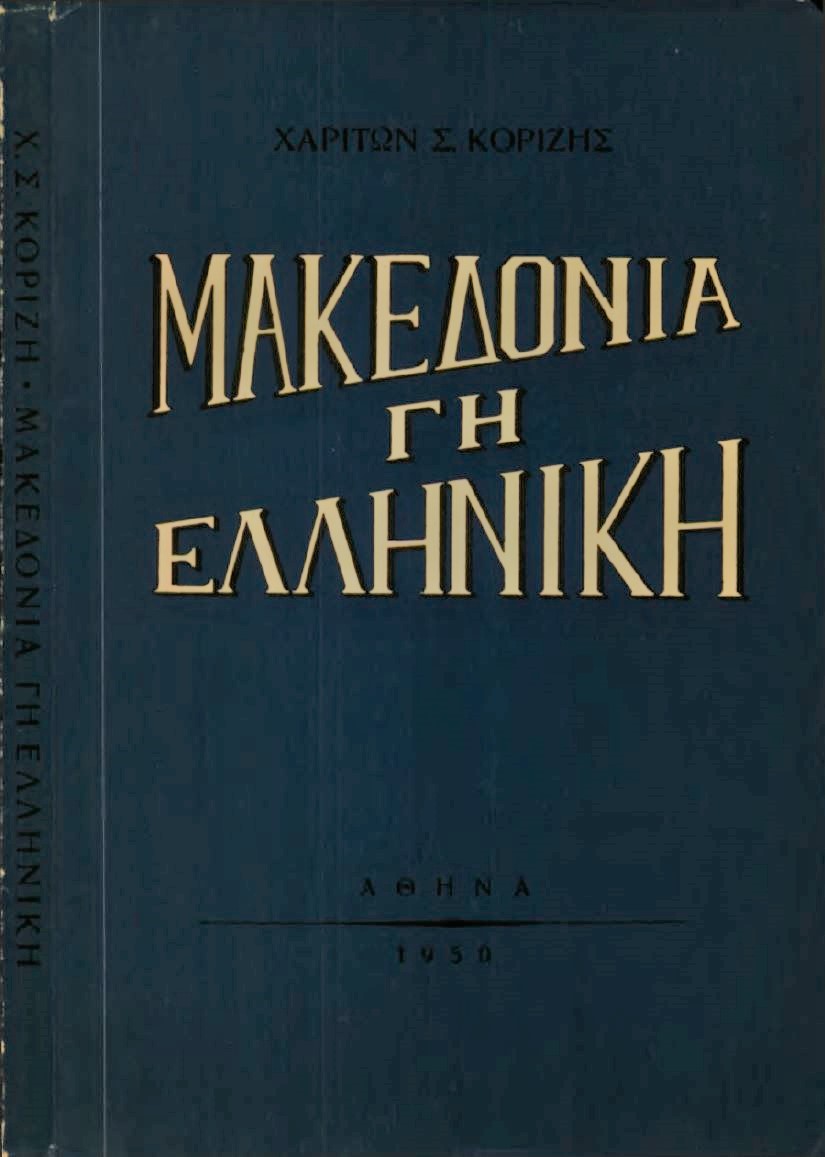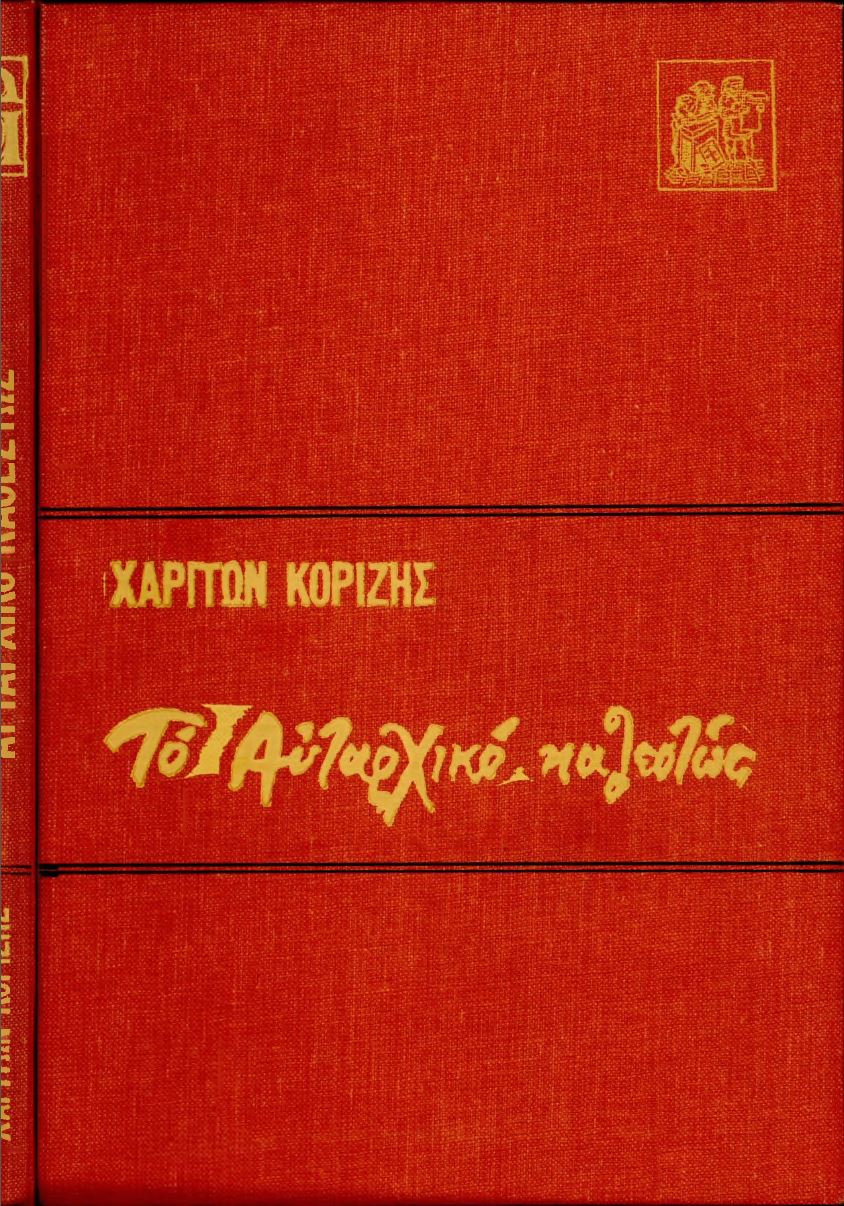In this work, the author examines the prevalent conditions in Macedonia in four distinct and crucial periods of its history by utilizing a historical, ethnological, and political approach.
The first period deals with antiquity and the Greek identity of the ancient Macedonians as portrayed through the historical sources.
The second period addresses the raids, invasions, and settlements of the Slavs and examines the ethnological composition of Macedonia by refuting Fallmerayer’s theories.
The third crucial period refers to the time before the Balkan Wars and the transfer of populations. Among other information, the author utilizes Ottoman censuses, as well as records of the League of Nations and the Ecumenical Patriarchate.
Finally, the fourth critical period covers the time between the Balkan Wars up to 1950.
It is a study that received many positive reviews and was published by the newspaper of the Greek community in Australia as a response to the anti-Greek propaganda.


